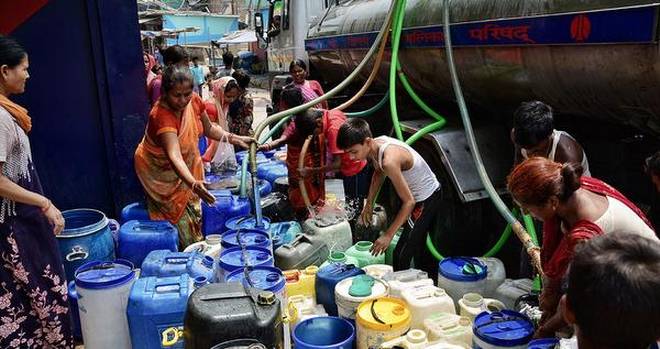India’s ‘water crisis’ took over social media recently. That India’s cities are running out of water, coupled with Chennai’s drinking water woes, made the ‘crisis’ viral, raising questions about the quality of the discourse and choice of water governance strategies in India. If there is a water crisis, what is the nature of the crisis? Where is the crisis prevalent? And how do we deal with it?
Usually, a delayed monsoon or a drought, combined with compelling images of parched lands and queues for water in urban areas raise an alarm in the minds of the public. Similarly, episodes of inter-State river water disputes catch public attention. However, this time, it was somewhat different. Videos and news reports claiming that Indian cities are running out of groundwater went viral. These news items could not have gained the traction but for the fact that they relied on a 2018 report of India’s own Niti Aayog, which was titled ‘Composite Water Management Index: A tool for water management.’
 Written by Srinivas Chokkakula & Ashwin Pandya
Written by Srinivas Chokkakula & Ashwin Pandya
Srinivas Chokkakula is the MoJS (Ministry of Jal Shakti) Research Chair – Water Conflicts and Governance at CPR, where he leads the Transboundary Rivers, Ecologies, and Development studies (TREADs) programme. His research and policy interests lie primarily in the water sector, focusing on transboundary water conflict/cooperation and governance.
Read Article: https://www.thehindu.com/opinion/op-ed/rethinking-water-governance-strategies/article28984738.ece
